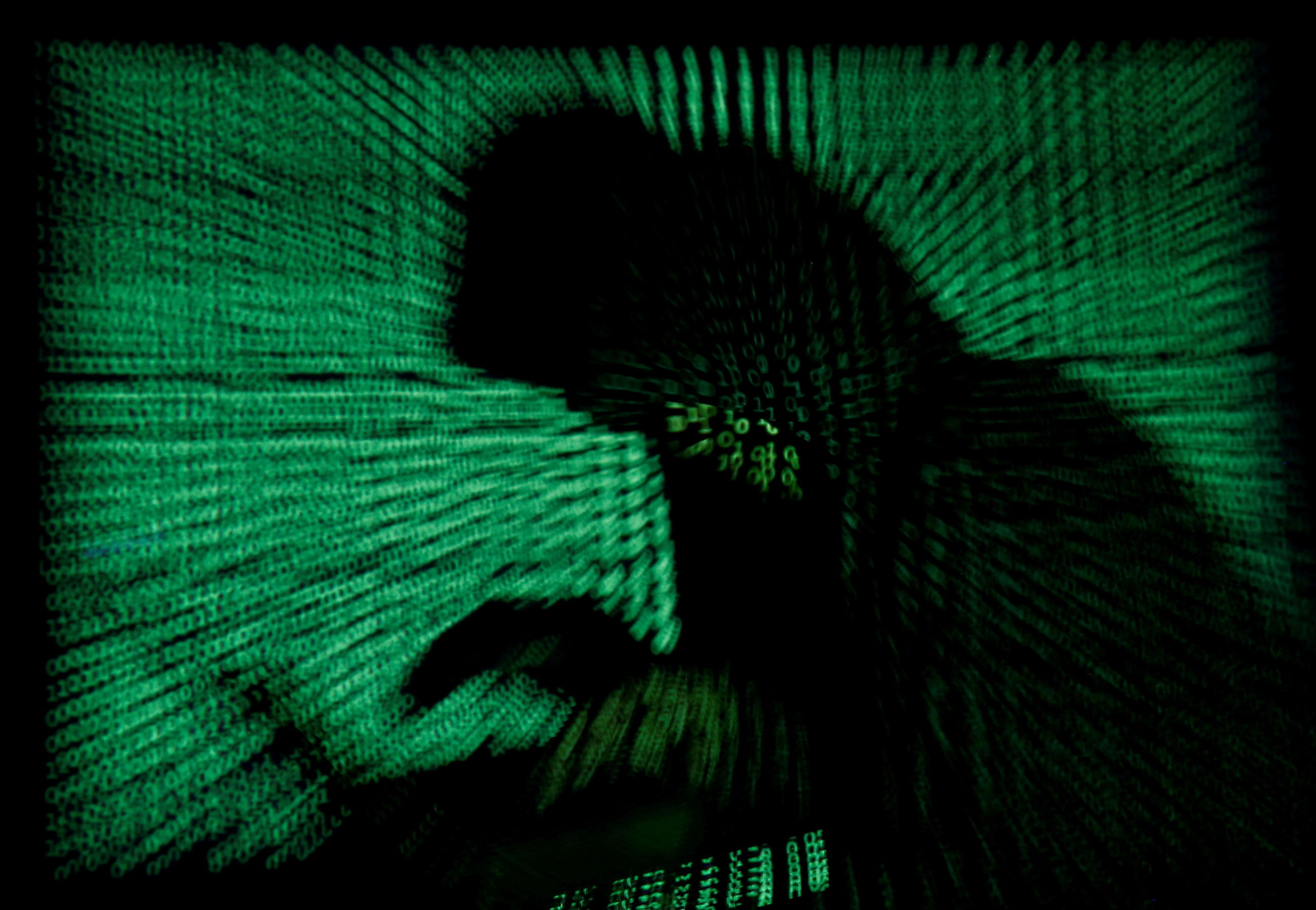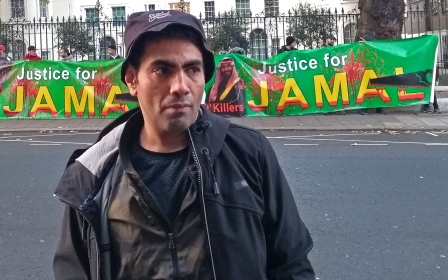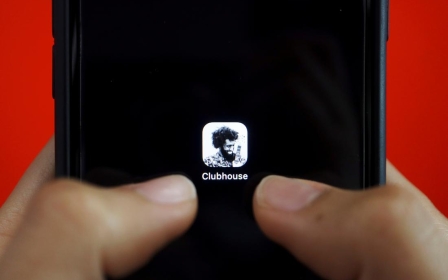'No one is safe': As UN debates spyware threats, rights groups say ban it

Human and digital rights advocates have welcomed UN Secretary-General Antonio Guterres’ recent recognition that spyware has become a significant threat to the UN's human rights work.
But they say now is the time for member states to finally enforce a global moratorium on the sale and use of surveillance technologies until regulations catch up with technology.
“Digital surveillance is one of the biggest threats facing activists and human rights movements today,” said Marwa Fatafta, Middle East policy manager at Access Now which defends digital rights.
“We’ve reached the tipping point with the proliferation of malicious spyware. No one, no where is safe.”
Spyware and digital surveillance are expected to come up in a UN Human Rights Council debate on Thursday focused on reprisals and attacks faced by people and organisations offering testimony to and cooperating with the UN, a topic that the council looks at annually.
'We’ve reached the tipping point with the proliferation of malicious spyware. No one, no where is safe'
- Marwa Fatafta, Access Now
Last year, in the wake of the Pegasus Project revelations, UN experts and rights groups called on member states to take urgent action against the unchecked spread of surveillance technology.
Their call came two years after David Kaye, then the UN special rapporteur on freedom of opinion and expression, published a groundbreaking report on the dangers of technology to human rights and potential legal remedies.
But this is the first time the UN secretary-general, in a report released ahead of Thursday’s debate, has highlighted the use of digital surveillance, including spyware, as an expanding impediment to those looking to cooperate with the UN.
“UN actors have pointed to growing and concerning evidence of online surveillance, privacy intrusion and cyberattacks by state and non-state actors of victims and civil society communications and activities,” he wrote.
“I am concerned that this seriously affects civil society actors’ cooperation with and submission of information to the United Nations, increasing their potential vulnerability to intimidation and reprisals.”
'The right space'
Fatafta from Access Now said Guterres’ recognition of the threat of digital surveillance was “an important step towards much-needed and urgent action to reign in the surveillance industry”.
“We are facing ghost-like abusers and perpetrators moving in the shadows of global trade," she told Middle East Eye.
"It is more urgent than ever that member states enforce an immediate moratorium on the sale and use of surveillance technologies until there is a human rights-based regulatory framework. The UN is the right space to take this call forward."
The report highlights three examples, all in the Middle East, of the impact spyware - specifically Pegasus, the military-grade spyware made by the Israel-based NSO Group, has had on those who have cooperated with the UN, including in Bahrain, Palestine and Morocco.
Ramzi Kaiss, legal and policy officer with MENA Rights Group, a Geneva-based legal advocacy group, said that Pegasus has emerged as one of many tools states have resorted to using to silence human rights defenders, lawyers and activists working to document and expose violations.
“Yet, particularly in authoritarian countries, there is no oversight or any procedural or privacy safeguards over the use of Pegasus, leading to serious human rights abuses,” he said. “There should be an immediate moratorium on the sale, transfer and use of Pegasus.”
'We have nobody from Saudi Arabia, the United Arab Emirates, from Oman, from Bahrain - nobody is ready to testify because of reprisals'
- Khalid Ibrahim, Gulf Centre for Human Rights
Khalid Ibrahim, executive director of the Lebanon-based Gulf Centre for Human Rights, said many of his own colleagues were hacked with Pegasus and that he worries about the proliferation of the surveillance industry beyond NSO Group and Pegasus. He also lamented how hard it has become to document human rights violations in the region.
“Now we have nobody from Saudi Arabia, the United Arab Emirates, from Oman, from Bahrain - nobody is ready to testify before the [UN] Human Rights Council because of reprisals,” he said. “We have people who testified in recent years and they went to prison.”
He called, as others have, for a moratorium on the sale and use of spyware, but acknowledged that after years of calling for it without action, there are few other options but to keep up the call.
“There are massive violations. People are getting killed…This is the situation in our countries. There is no local remedy for us. What else is left for us?” he said.
“So we have to use international mechanisms, we have to talk to governments. The changes are slow, but I believe change is coming. But it will take time.”
The UN Human Rights Council is scheduled to discuss the reprisal report on Thursday.
Middle East Eye propose une couverture et une analyse indépendantes et incomparables du Moyen-Orient, de l’Afrique du Nord et d’autres régions du monde. Pour en savoir plus sur la reprise de ce contenu et les frais qui s’appliquent, veuillez remplir ce formulaire [en anglais]. Pour en savoir plus sur MEE, cliquez ici [en anglais].




